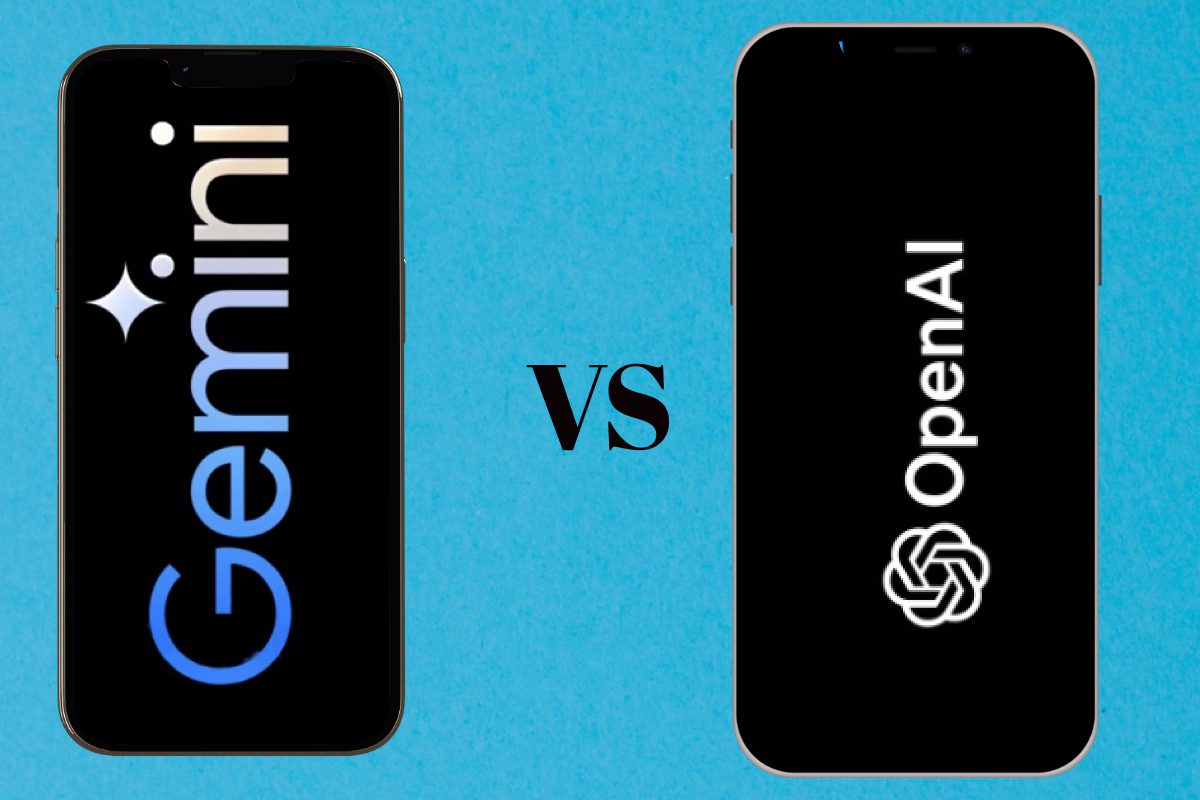Google’s recent unveiling of Gemini, a potent rival to OpenAI’s GPT-4, marks a significant milestone in the evolution of artificial intelligence. Gemini, comprising three models with varying capabilities, has been designed to excel in tasks ranging from subject knowledge to coding.
Its most advanced model, Gemini Ultra, is particularly noteworthy for its claimed superiority over GPT-4 in several domains.
Gemini’s Capabilities
Gemini Ultra’s exceptional performance on the Massive Multitask Language Understanding (MMLU) test – often likened to the “SATs for AI models” – is a key highlight of Google’s announcement. Scoring 90% on this test, which assesses knowledge and problem-solving abilities across 57 subjects, Gemini Ultra not only surpassed GPT-4’s 86.4% but also outperformed human experts.
Implications for AI Development
The achievement of Gemini Ultra suggests we are inching closer to the realm of artificial general intelligence (AGI), a concept involving AI that can emulate human capabilities like common sense and consciousness.
The fact that Gemini Ultra excels in areas such as history, law, and Python coding, coupled with its proficiency in multi-step reasoning, presents a giant leap in AI’s evolution.
Gemini’s Multimodal Nature
A distinguishing feature of Gemini is its native multimodal design. Unlike other models that integrate separate text, vision, and audio components, Gemini has been built from the ground up to process diverse data types. This integrated approach potentially gives it an edge in understanding complex inputs more effectively.
Challenges and Potential
Despite its promising capabilities, Gemini Ultra is not yet publicly available, and its real-world performance remains to be seen. Additionally, Google’s less advanced model, Gemini Pro, accessible through the Bard chatbot, has shown issues with accuracy and hallucinations. This indicates that while the technology is advancing, it still has hurdles to overcome.
Google vs. OpenAI: The Competitive Landscape
OpenAI currently enjoys greater consumer awareness, which could be an advantage in the AI market. However, Google’s entry into this space with Gemini could intensify competition, pushing the boundaries of AI innovation further.
Opinion
Google’s Gemini represents a significant leap in the AI arms race. Its multimodal nature and performance on the MMLU test are commendable, but real-world applications and user experience will be the ultimate test of its capabilities. While the technological advancements are impressive, they also raise ethical and societal questions.
As AI models become more powerful and human-like in their reasoning, the need for robust ethical frameworks and regulations becomes increasingly urgent to ensure these technologies are used responsibly and for the greater good.
Conclusion
Google’s Gemini, particularly Gemini Ultra, has set a new benchmark in the AI landscape. However, its ultimate success will depend on how well it performs in real-world applications and how it navigates the complex interplay of technological innovation, consumer needs, and ethical considerations.
As we witness this exciting phase of AI development, one can’t help but wonder: How will these advancements shape the future of human-AI interaction?
Source: Business Insider

